Article by Connie Xu
Photo credit to Yifu Chien
On the evening of November 21, 2013, I had the pleasure of seeing the New Asia Chamber Music Society (NACMS) perform at Carnegie Hall. The program opened with Antonin Dvorak’s Piano Quintent No. 2 in A major, Op. 81, flowed seamlessly to Gordon Chin’s Moon Night Sorrow for Piano Quintet, and ended with Felix Mendelssohn’s Octet in E-flat major, Op. 20.
In the chaotic lives of New Yorkers, NACMS brought an evening of reprieve, far away from the daily pressures of Wall Street. As I enjoyed the performance, I not only felt the vibrant emotion of each piece, but also witnessed an audience mesmerized by the artistic expression of NACMS. The musicians took the mood elegantly from melancholy to exhilaration in Dvorak’s piece and painted a vibrant scene of longing in Moon Night Sorrow. The evening closed with a dazzling presentation of Mendelssohn’s Octet.
This brilliant, young collective is comprised of director Nan-Cheng Chen (Cello), Kevin Shue (Violin), Tien-Hsin Cindy Wu (Violin), Chun-Wen Paul Huang (Violin), Wei-Yang Andy Lin (Viola), Jung-Hsuan Ko (Cello), and Helen Huang (Piano). After the performance, I had the opportunity to speak with Executive Director Nan-Cheng Chen, who provided me with an inside perspective into this group of talented Asian-American musicians.
Q: “Chamber music is often described as ‘music of friends.’ What inspired each of you to pursue music individually and as a group? How did you decide to work together?”
A: “As professional classical musicians, we’ve all started our instrumental training at a very young age, around 4 to 6 years old. I started playing both the cello and piano when I was 6, and came to United States by myself at the age of 12 to pursue music after winning Taiwan’s national music competition. Music has been a part of my life until now.
The musicians of NACMS are all excellent soloists and chamber musicians. Most of us at some point of our training studied at the Juilliard School. Because we all started so young, we have known and collaborated with each other over the years. During the process, we all came to admire and respect each other’s playing and artistry, and so we formed NACMS to continue making music together.”
Q: “It has been said that the New Asia Chamber Music Society plays with ‘pleasure and spontaneity’ – I am particularly interested in learning more about how each of you communicates with each other and with the audience through your music.”
A: “Communication is the key to chamber music playing. It requires a massive amount of knowledge, experience, and sensitivity from each individual player to fully master chamber music. During a rehearsal, we often discuss with each other what the main idea of the piece is, what the mood of a certain passage is, or how to play a note correctly – we get into details and specific things. But talking is only a small part of communication during music making, it is more important to listen to each other’s playing while we play – to get inside of each other’s minds, and therefore communicate through our music. It takes a long process of music training and dedication to become a good player as well as a good listener, and to be able to adjust to each other when we hear different ideas in each others’ music. At our Carnegie Hall concert in November, we only had 3 rehearsals, but we were able to use all of our communication skills in a short amount of time, and we put on a fantastic show.”
Q: “Your music has been described as a mix of Western music and contemporary Chinese culture. Could you explain this further and how this came to play in the performance on Nov. 21, 2013 at Carnegie Hall?”
A: “The program of Nov.21 Carnegie Hall concert itself is already a mixture of Western music and contemporary Chinese music. Dvorak’s Piano Quintet in A Major and Mendelssohn String Octet are both standard and significant Western music repertoire, and Gordon Chin’s Moon Night Sorrow for Piano Quintet, is a piece commissioned by NACMS, composed with several Taiwanese folk songs as the brush painting over the 1933 poem “Moon Night Sorrow”, a love song to a departed lover, by Wong-Tian Zhou. Our musical interpretation is also influenced by Chinese culture with our Chinese ethnicity. It’s difficult to describe, but here we are Chinese influenced young people learning about Western classical music, it is unique and was certainly expressed in both the western and Chinese contemporary music that we played on 11.21. ”
Q: “I read that you have initiatives to reach out to your technologically wired peers. What are some of these partnerships and how do you see this taking part in today’s digitally connected society?”
A: “The classical music scene, like any art form, is losing its audiences rapidly, and that is because there are more entertainment outlets nowadays than ever, and the younger generation doesn’t appreciate classical music as much. It is, in fact, hard to get younger audiences into a concert hall. NACMS has plans to do live broadcasts or web streaming for our future concerts, but the experience of listening to a concert in a live (and traditional) form is unique and cannot be replaced. We also partner with schools to do short outreach concerts to promote our art.”
Q: “How do you hope your work with affect members of the Asian American community as well as Americans as a whole?”
A: “Similar to the above, I hope we can share great music with as many people as possible, especially with Asian Americans, because that is who we are. NACMS has partnered with many Asian-American organizations such as the Foundation for Chinese Performing Arts, Taiwan Center, Multicultural Sonic Revolution (MuSE), Nai-Ni Chen Contemporary Dance Company, and other organizations such as the Queens Museum, Smithsonian Museum and Chelsea Museum. Each performance that NACMS gives is unique and draws people to appreciate our music as well as our young artistic spirit.”
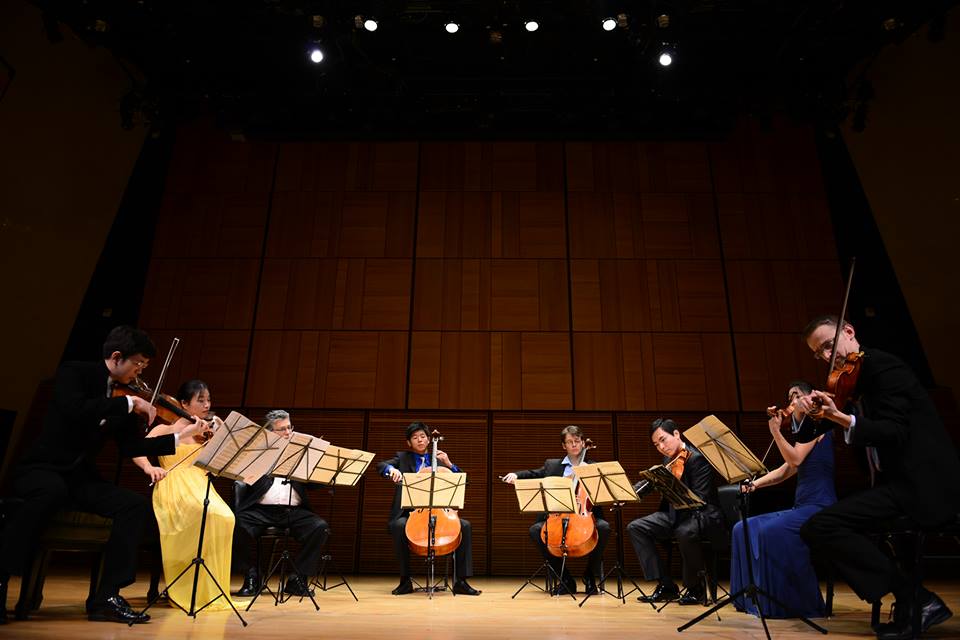
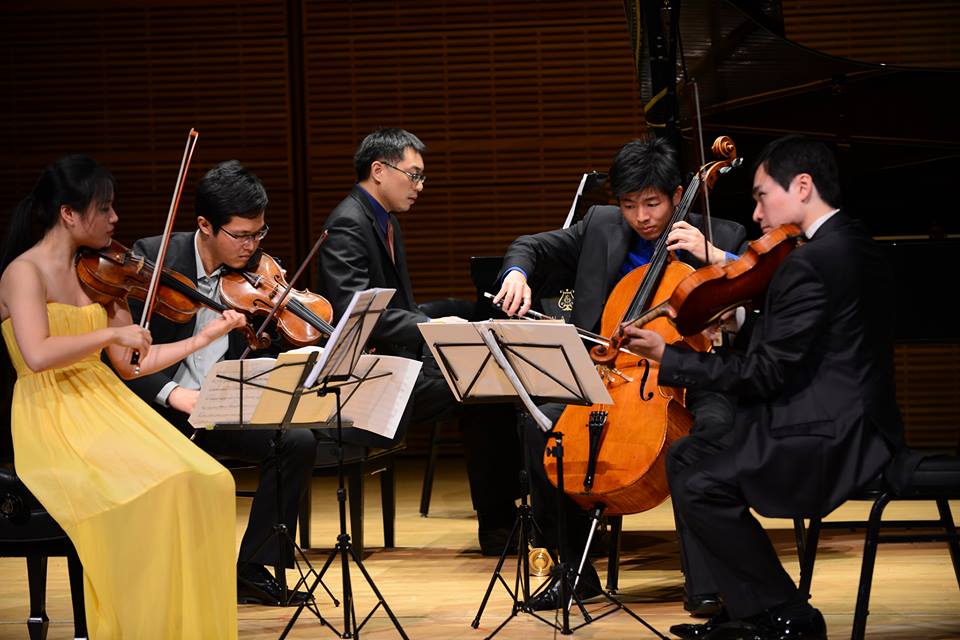
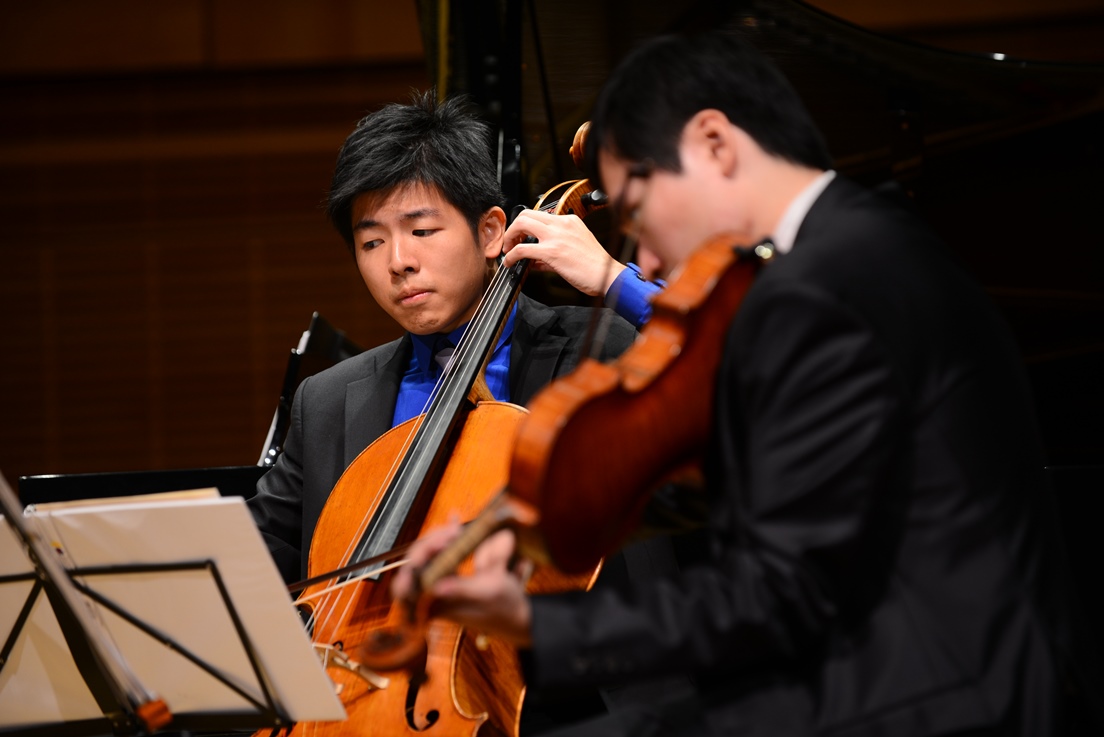
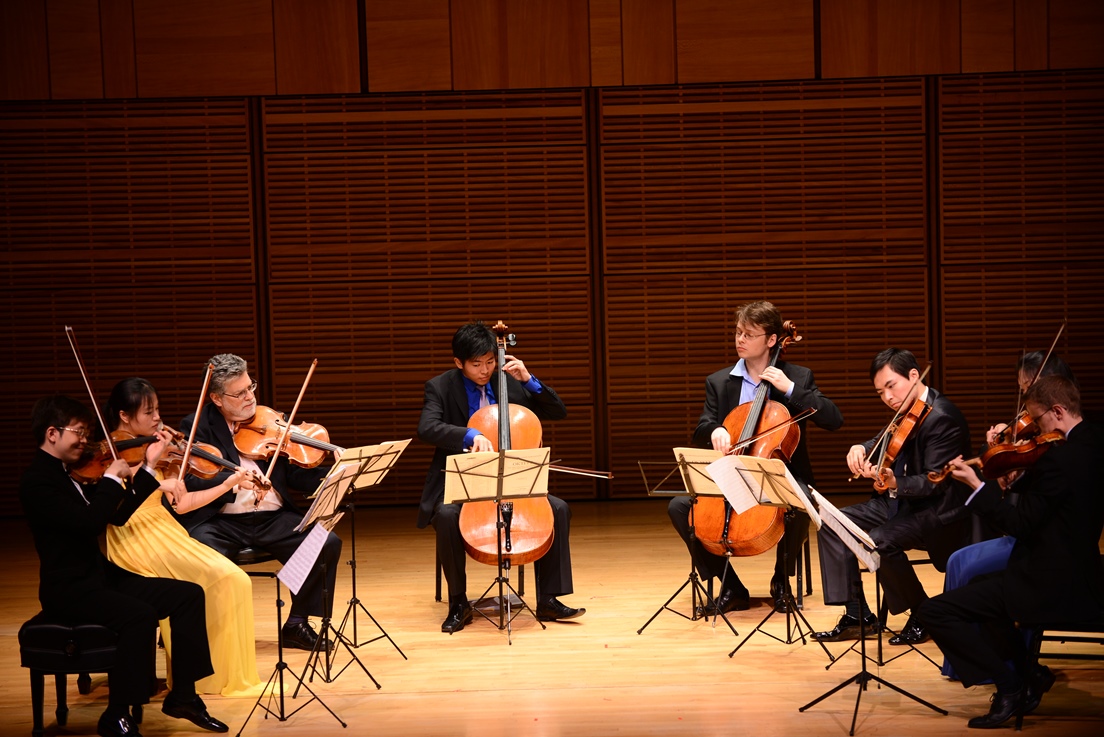
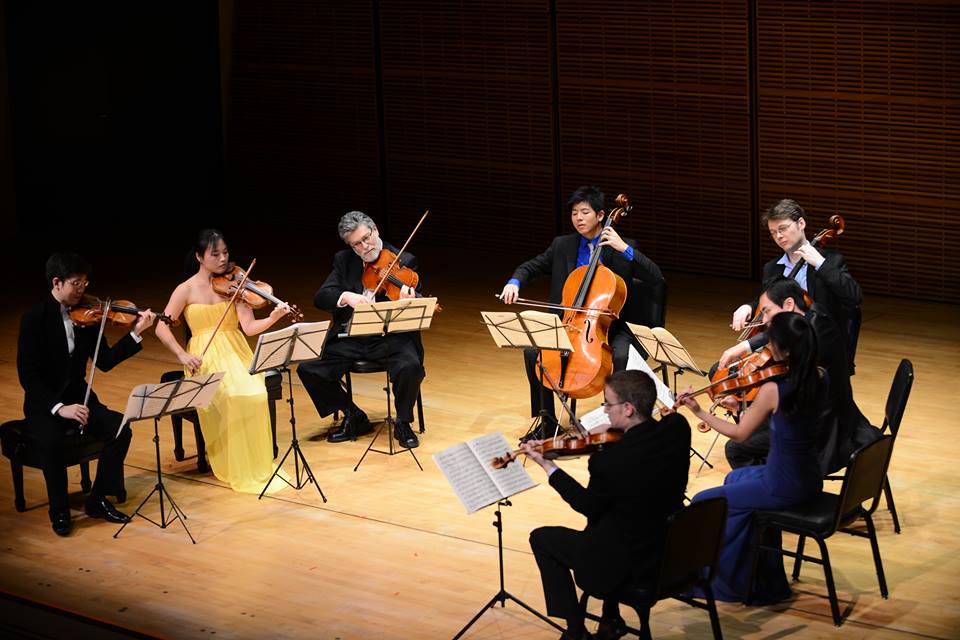
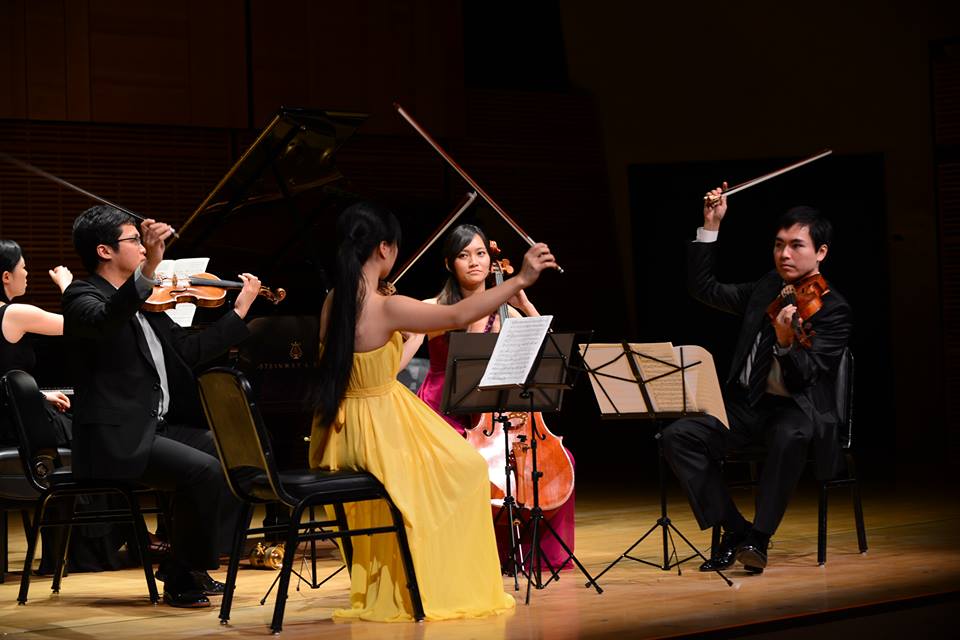
Leave a Reply